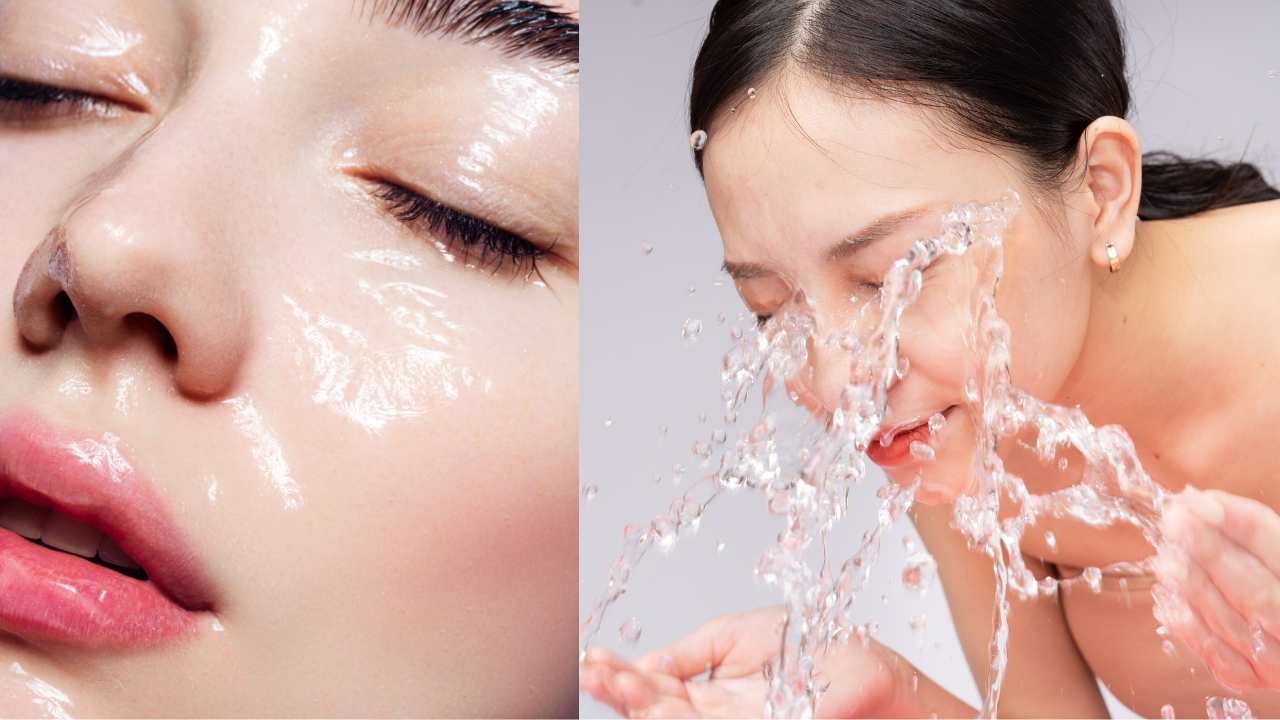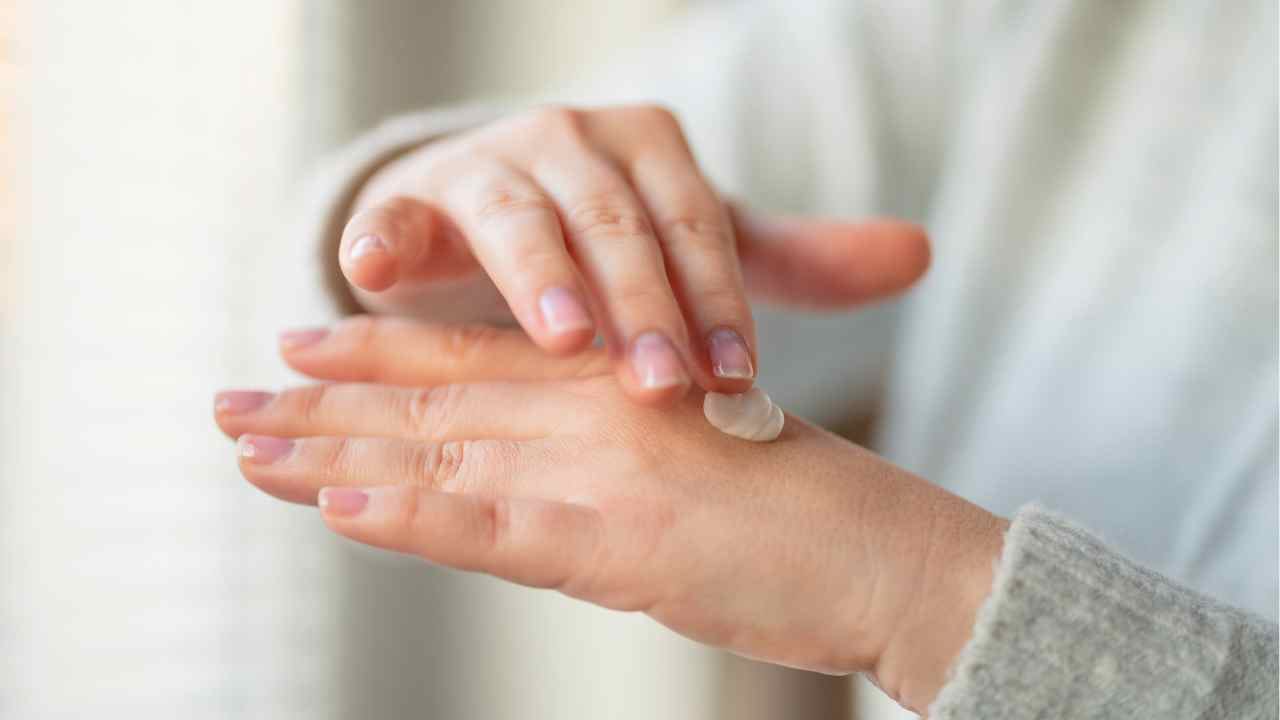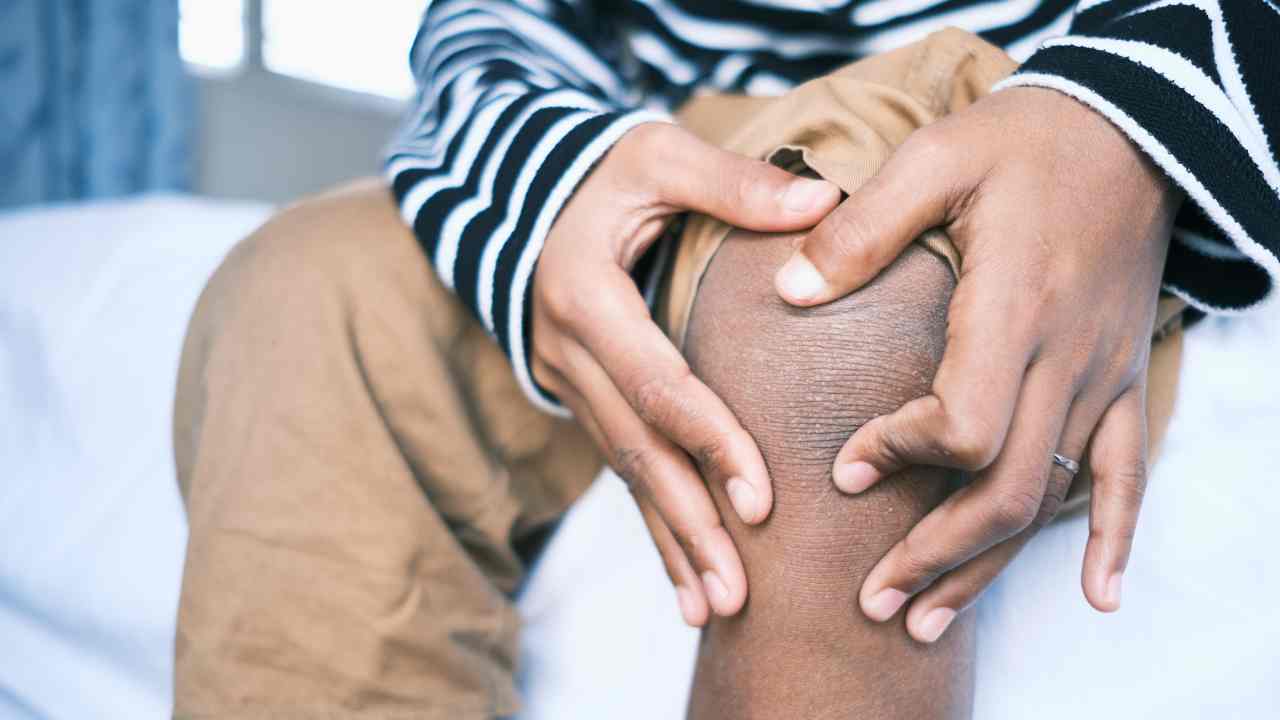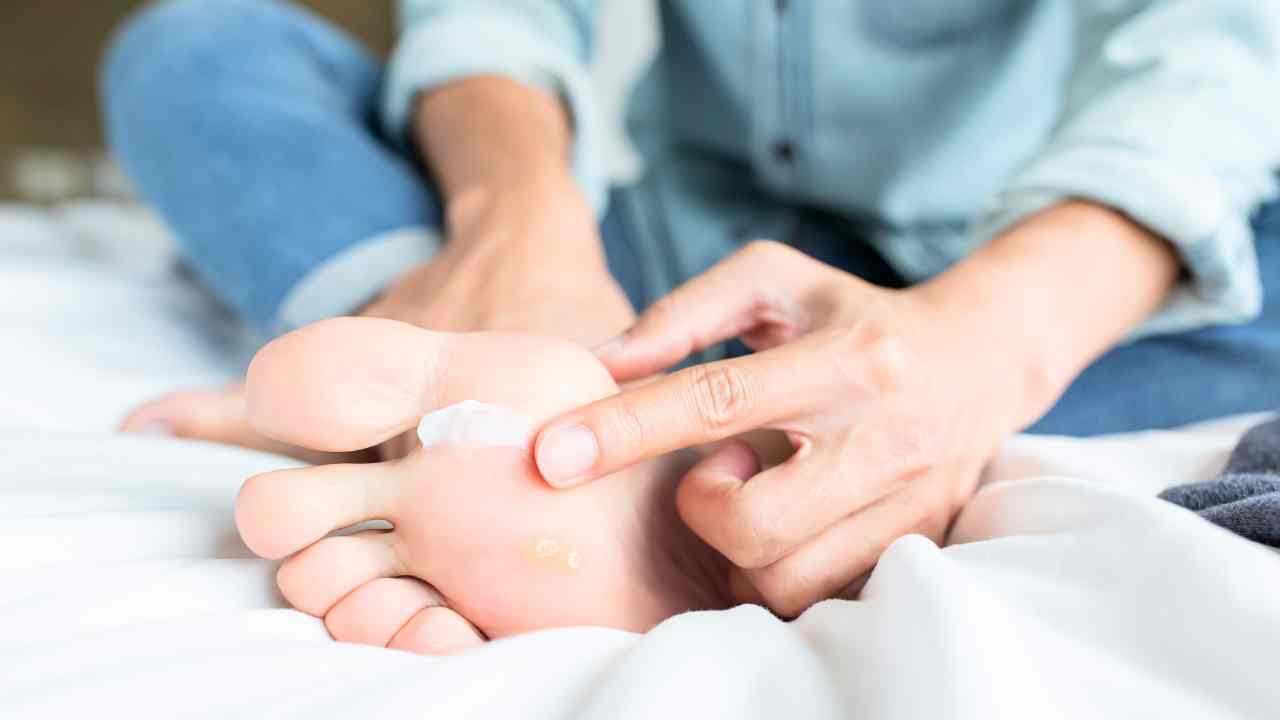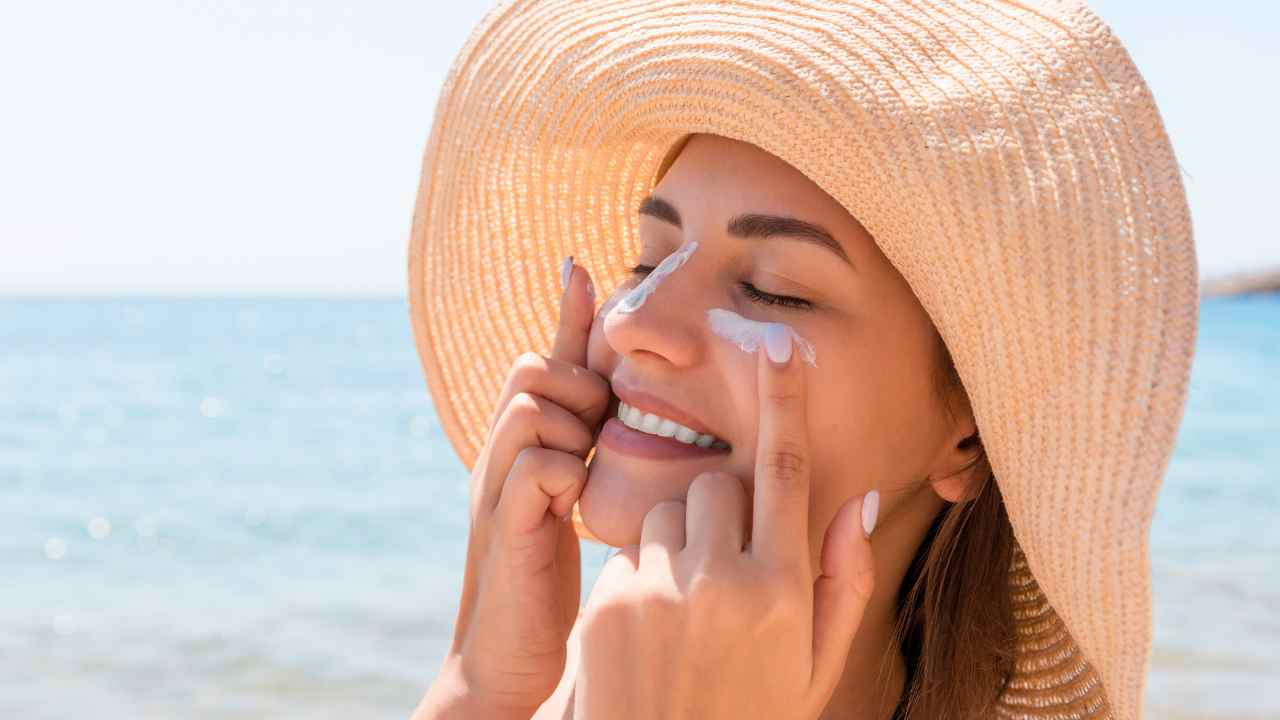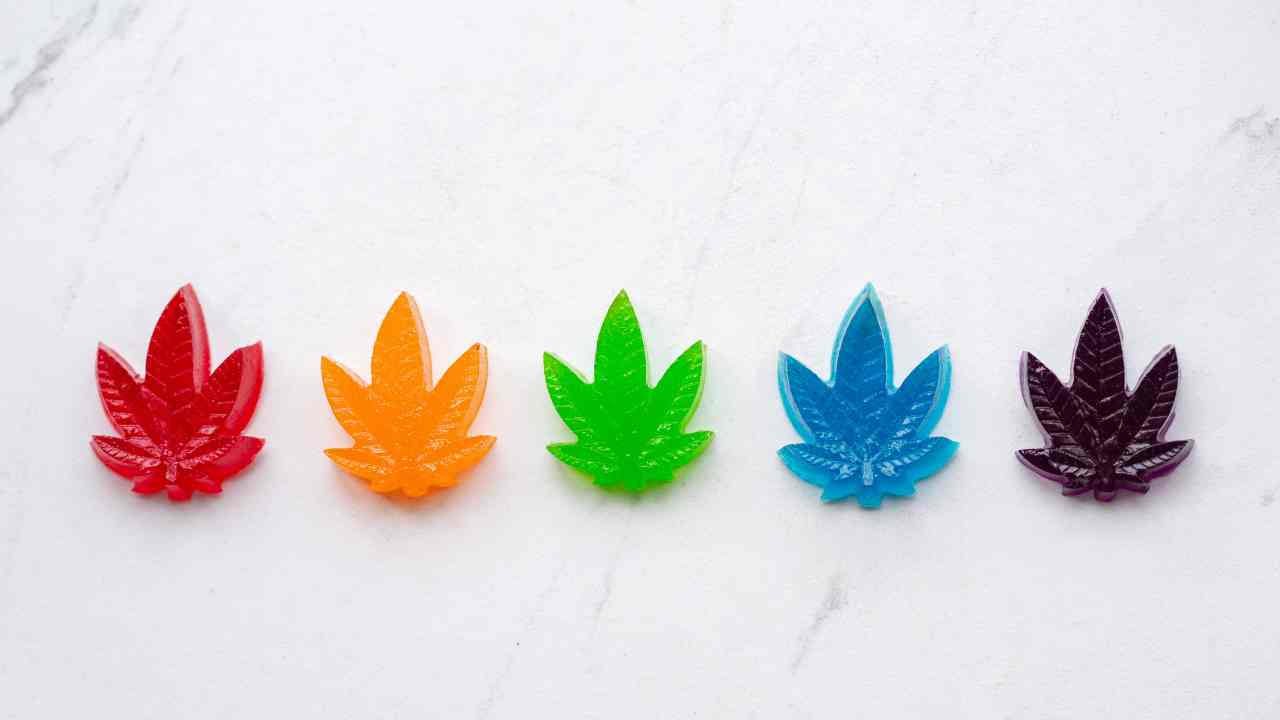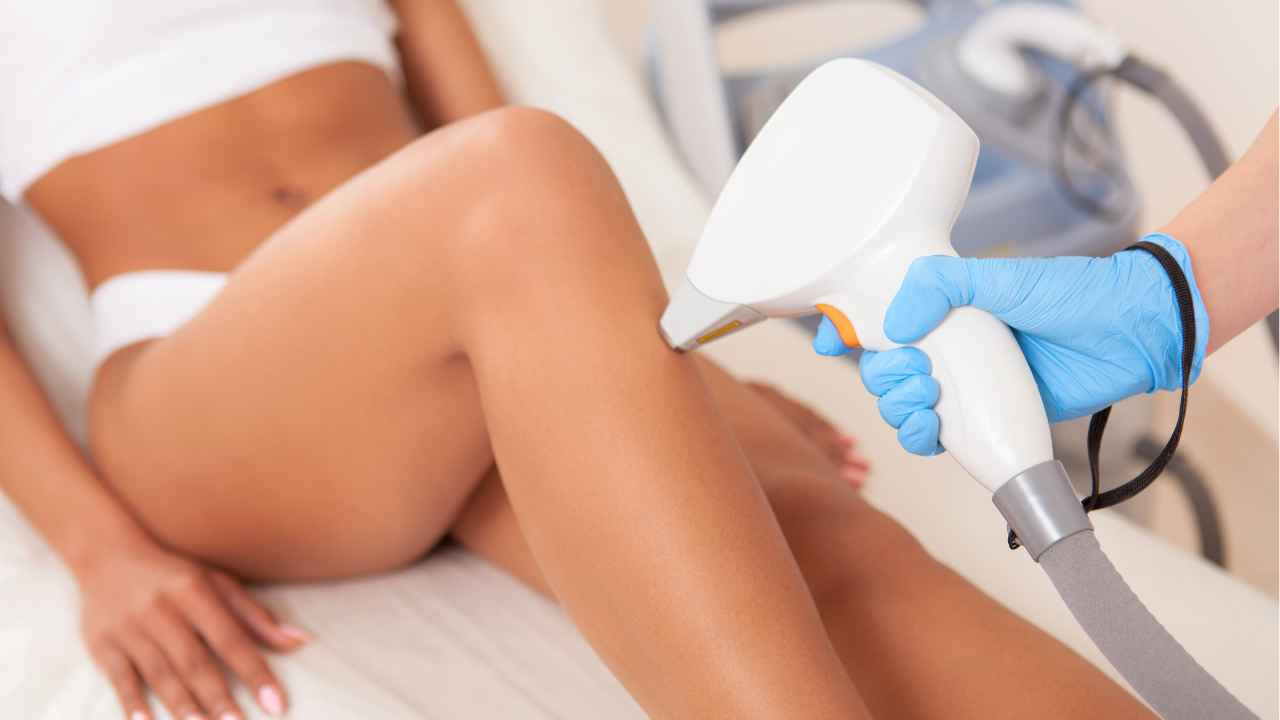
Annoying to Unbearable: Why Do My Stretch Marks Itch?
What's the deal with stretch marks? Why do we get them? And do they ever go away?
Stretch marks are common on the belly, thighs and buttocks, especially among those who have gone through rapid weight gain, pregnancy, or puberty.
While they are harmless, they can be quite itchy, causing discomfort and irritation to those who have them.
So, why do stretch marks itch, and what can you do about it?
In this article, we'll explore the causes of itchy stretch marks and provide tips on how to treat itchy stretch marks.
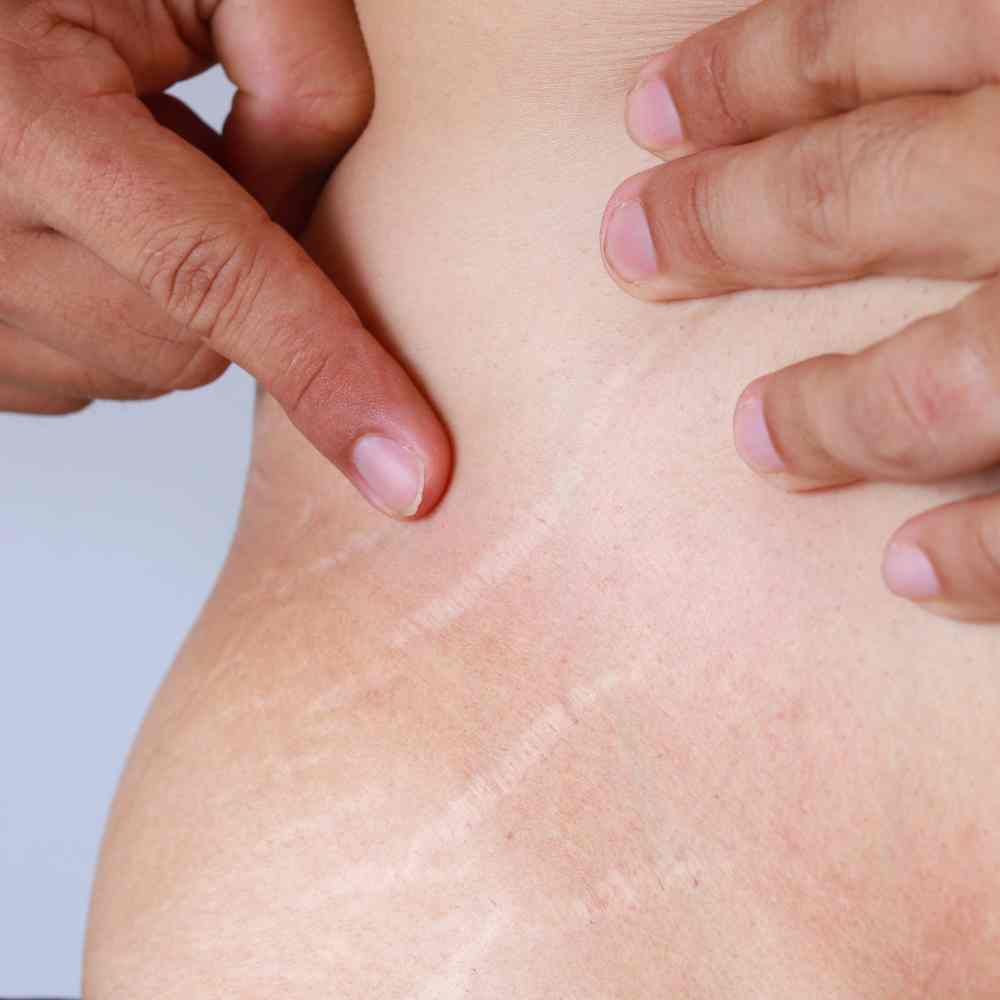
What are Stretch Marks?
Stretch marks, also known as striae, are streaks or stripes that appear on the skin due to rapid stretching.
They are caused by the tearing of the dermis, which is the middle layer of the skin, and can occur on various parts of the body, including the abdomen, thighs, hips, breasts, and arms.
Initially, fresh stretch marks appear as red, purple, or pink lines, and over time, they fade to white or silver.
Do Men Get Stretch Marks?
While stretch marks are more commonly associated with women due to pregnancy and weight fluctuations, men can also develop them due to rapid muscle growth or weight gain.
In fact, men are more likely to develop stretch marks on their backs, shoulders, and arms. Anyone who has skin can get stretch marks, including both men and women.
Can You Get Stretch Marks at Any Age?
While stretch marks are most common during periods of rapid growth or weight changes, they can occur at any age.
Infants and young children can develop stretch marks during growth spurts, while teenagers may develop them during puberty.
Adults of any age can get stretch marks due to weight gain or weight loss, pregnancy, bodybuilding, or other factors that cause the skin to stretch rapidly.
It is worth noting that older adults may be more prone to developing stretch marks due to changes in the skin's elasticity that occur with aging.
The skin becomes less elastic over time, which can make it more prone to developing stretch marks.

Why Do Stretch Marks Itch?
Stretch marks themselves are not itchy, but the skin around them can become irritated and itchy due to a variety of reasons. Here are some of the common causes of itchy stretch marks:
- Dry Skin: The stretch marked skin can become dry, which can cause an itching sensation. When the skin is dry, it can become flaky and rough, leading to itchiness.
- Inflammation: Stretch marks can cause inflammation in the skin, which can lead to itching. Inflammation occurs when the body's immune system responds to an injury or irritation, causing redness, swelling, and pain.
- Allergies: Some people may be allergic to the creams, lotions, or oils that they use to treat their stretch marks. This can cause an allergic reaction, leading to itchiness.
- Hormonal Changes: Hormonal changes can also make stretch marks itchy. During pregnancy or puberty, hormonal changes can cause the skin to become more sensitive, leading to itching.
- Weight Gain: Rapid weight gain can cause stretch marks to appear, and the stretching of the skin can cause itching.

How to Manage Itchy Stretch Marks
Managing itchy stretch marks can be challenging, but there are several things you can do to relieve the discomfort.
Here are some tips on how to manage itchy stretch marks:
- Keep Your Skin Moisturized: Keeping your skin moisturized as skin stretches can help reduce itching. Use a moisturizer that is specifically designed for stretch marks, or one that contains ingredients such as cocoa butter, shea butter, or vitamin E.
- Use Anti-Itch Creams: Over-the-counter anti-itch creams can provide relief from itching. Look for creams that contain ingredients such as hydrocortisone, pramoxine, or calamine.
- Avoid Scratching: Scratching itchy stretch marks can make the itching worse and cause the skin to become irritated. Instead of itching stretch marks, apply a cold compress or take a cool bath to soothe the skin.
- Wear Loose-Fitting Clothing: Tight clothing can rub against stretch marks, causing irritation and itching. Wear loose-fitting clothing made from breathable materials such as cotton.
- Take an Oatmeal Bath: Oatmeal has anti-inflammatory properties and can soothe itchy skin. Add a cup of oatmeal to your bathwater and soak for 15-20 minutes to relieve itching.
- Stay Hydrated: Drinking plenty of water can help keep your skin hydrated and reduce itching. Aim to drink at least 8 glasses of water a day. Getting dehydrated can make stretch marks worse.
- Talk to Your Doctor: If your stretch marks are causing severe itching or if you have other symptoms such as swelling or redness, talk to your doctor. They may recommend prescription creams or other treatments to help manage your symptoms.
Stretch marks during pregnancy are a common occurrence, and while they can be itchy and uncomfortable, they are harmless.
The itching around stretch marks can be caused by dry skin, inflammation, allergies, hormonal changes, or weight gain.
However, there are several ways to manage the discomfort, such as keeping your skin moisturized, using anti-itch creams, avoiding scratching, wearing loose-fitting clothing, taking oatmeal baths, staying hydrated, and talking to your doctor if your symptoms are severe.
How Do You Prevent Stretch Marks in the First Place?
While it may not be possible to completely prevent stretch marks from occurring, there are steps you can take to reduce your risk or minimize their appearance with a stretch mark prevention routine:
- Maintain a healthy weight: Rapid weight gain or loss can increase your risk of stretch marks. Maintaining a healthy weight through a balanced diet and regular exercise can help minimize this risk.
- Moisturize regularly: Keeping your skin moisturized with a good quality moisturizer, especially one with cocoa butter, can help improve its elasticity and reduce the risk of getting stretch marks.
- Massage your skin: Massaging your skin can help increase blood flow and improve skin elasticity, which can reduce the risk of developing stretch marks.
- Protect your skin from the sun: Exposure to the sun's UV rays can damage your skin's collagen and elastin fibers, making it more prone to developing a stretch mark. Protecting your skin from the sun with clothing or sunscreen can help reduce this risk.
Taking care of your skin through healthy habits and good skincare can help reduce your risk and improve the appearance of stretch marks if they do occur. But, if you have a family history of them, then it may be tough to prevent them in the first place.
If you already have stretch marks there are ways you can fade stretch marks or erase them completely with treatments such as creams, retinols and laser therapy. Some people even choose to tattoo over them!
Stretch Marks are Common & Normal
It's important to remember that stretch marks are a natural part of the body's changes and that there's no need to feel ashamed or embarrassed about them.
Many people have them, and they are a sign that your body has gone through a growth spurt or change.
While stretch marks may fade over time, they may never completely disappear, but that's okay. Stretch marks are a part of who you are, and they don't define your worth or beauty.
Remember to love and accept your body, stretch marks and all, because they are a part of what makes you unique and beautiful.



